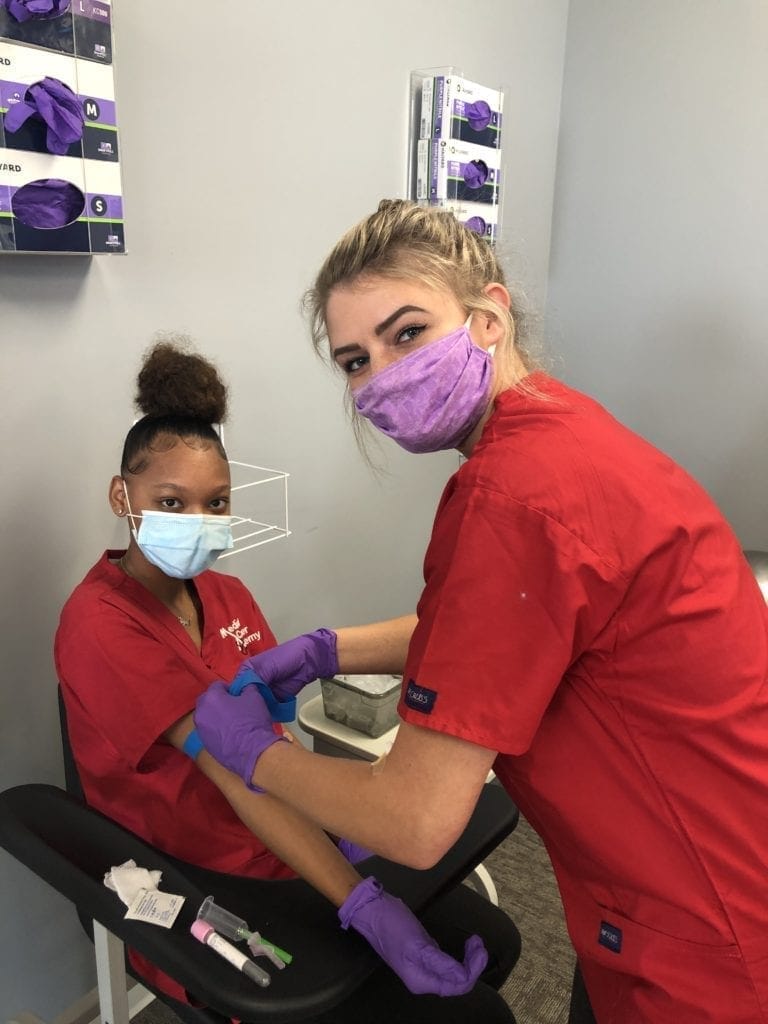A career in phlebotomy can be rewarding to many who can stomach working with blood. Not only is it financially attractive, but for those that want to make a difference in many people’s lives, phlebotomy is a great career. However, with said attractiveness also comes high competition. As such, it is vital for any to-be phlebotomy technician to learn the necessary skills to not only do their job right but to ensure that they make the most out of it as a career.
That said, what are phlebotomy technicians? Phlebotomy technicians are responsible for collecting blood samples from patients for diagnostic testing. They must be able to accurately and efficiently collect blood samples from a variety of patients, often with difficult veins. Phlebotomy technicians must also be knowledgeable about the various types of blood collection devices and how to use them properly.
So, are you interested in becoming a phlebotomy technician? Here are a couple of things you should consider learning to become a better professional:
1. Anatomy and Physiology
A basic understanding of human anatomy and physiology is essential for phlebotomy technicians. They need to know where the veins are located and how to properly insert a needle into them. They also need to understand how the blood circulates through the body and what the different blood cells do. In doing so, phlebotomy technicians can ensure that they are taking the proper precautions when handling blood and drawing it from patients.
2. Blood Collection Procedures
Phlebotomy technicians must be familiar with the various blood collection procedures, such as venipuncture and arterial puncture. They need to know how to properly prepare the patient for the procedure, how to collect the blood sample, and how to properly label the sample. By knowing these things, they can ensure that the procedure is done correctly and that the sample is properly labeled to avoid problems.
3. Safety Procedures
Phlebotomy technicians must be familiar with the proper safety procedures for collecting blood samples. They need to know how to properly handle sharps and how to protect themselves from exposure to bloodborne pathogens. That way, they can work safely and effectively without hurting themselves or the results of their work.
4. Laboratory Procedures
Phlebotomy technicians often work closely with laboratory personnel. They need to know how to properly prepare blood samples for testing and how to interpret the results. In doing so, they can ensure that all tests are done properly and offer reliable and accurate results.
5. Interpersonal Skills
Phlebotomy technicians must be able to interact with patients in a professional and courteous manner. They must be able to put patients at ease and explain the blood collection procedure in a way that is easy to understand. Through this, patients will be happy working with the professional, ensuring success for the technician and the organization they’re working with.
Conclusion
If you are interested in becoming a phlebotomy technician, then these are just some of the most important things you should learn. Not only will they help you become a better technician, but many of these skills can easily translate into other aspects of your life or even if you decide to take on a new medical role!
Medical Career Academy offers each student the highest-quality education to ensure they excel in the healthcare fields they desire. If you are looking for medical career training, reach out to us today!

